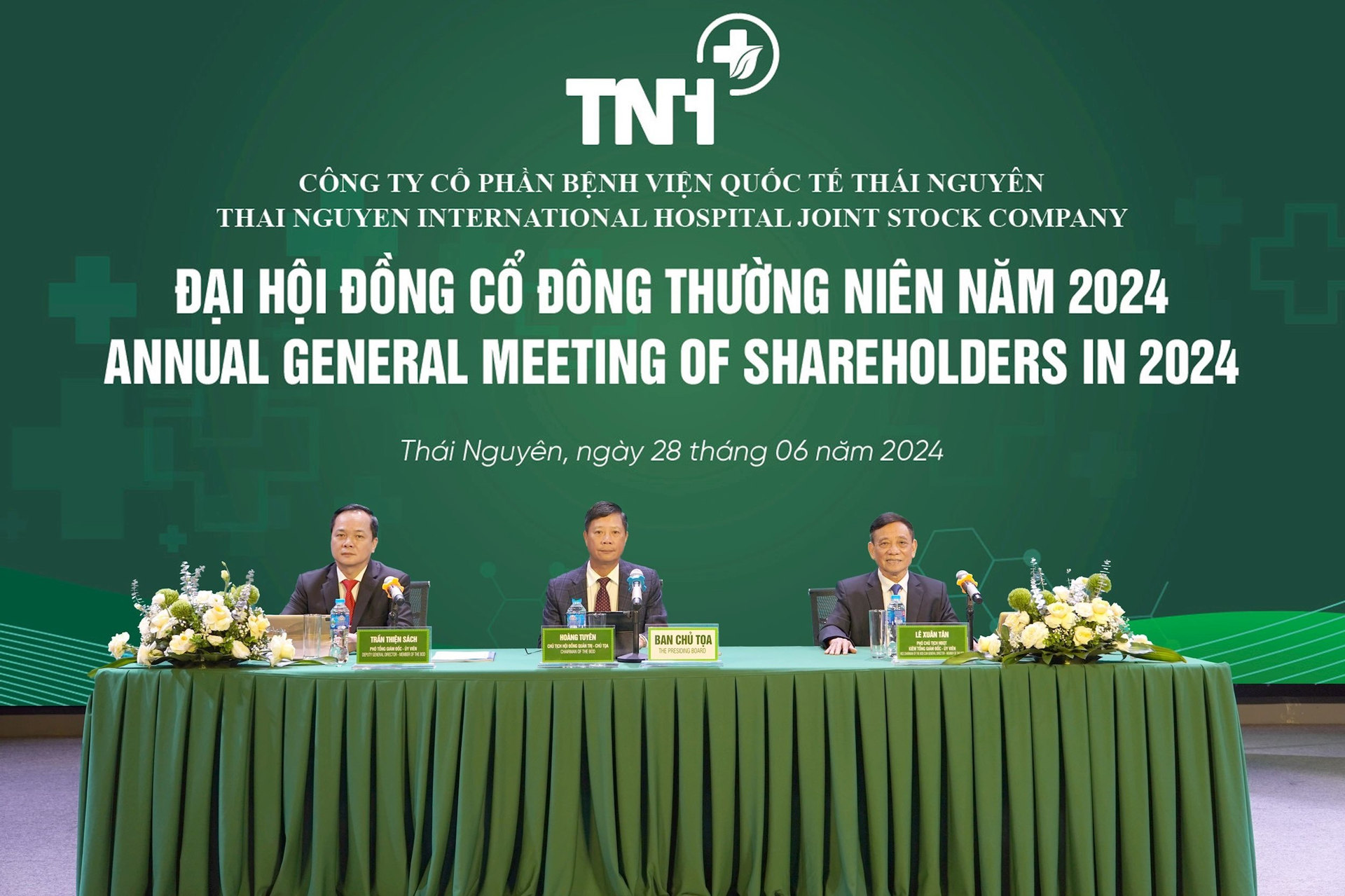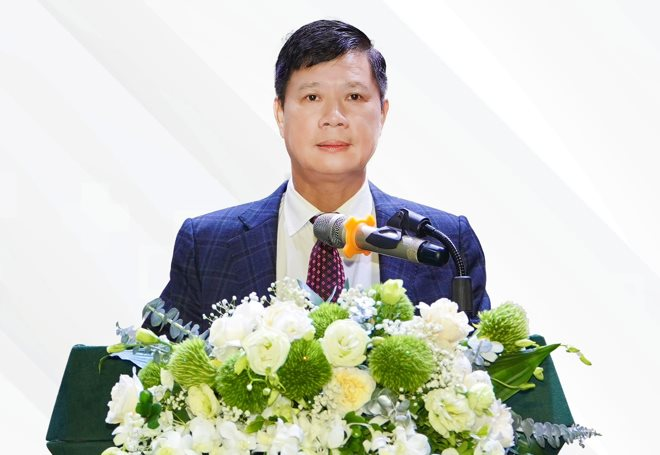TNH Holdings’ Ambitious Healthcare Expansion: A Comprehensive Overview

TNH’s ambitious expansion plans
On June 28th, TNH International Hospital Joint Stock Company (stock code TNH) held its 2024 Annual General Meeting. Shareholders approved the 2024 business plan, targeting a 14.8% increase in net revenue to VND 540 billion and a 3.3% rise in after-tax profits to VND 155 billion. The company also plans to issue a 15% stock dividend for 2023.
Shareholders also approved a name change to TNH Hospital Group Joint Stock Company and voted to increase foreign ownership in the company from 49% to 70%. The board believes that raising the foreign ownership limit will enhance TNH’s stock liquidity, strengthen its capital-raising capabilities, and diversify its shareholder base with more foreign investors.
The new board members for this term are Ms. Nguyen Thi Thuy Giang and Mr. Ngo Minh Truong. Ms. Giang, a former Deputy Director of SSI’s Equity Analysis, was nominated by KWE Beteiligungen AG, a foreign fund that holds 10.51% of TNH’s capital. Meanwhile, Mr. Nguyen Xuan Don has resigned from the board.
TNH currently operates two medical facilities: TNH International Hospital and Yen Binh General Hospital in Thai Nguyen. A third hospital, TNH Viet Yen in Bac Giang, is awaiting licensing from the Ministry of Health. The company is also investing in a 10-story, 300-bed general hospital in Lang Son.
In 2023, TNH established a linked entity, TNH Hanoi Joint Stock Company, to develop a 500-bed hospital in Hanoi’s Nam Thang Long urban area (Ciputra).

Mr. Hoang Tuyen, Chairman of TNH’s Board
Looking ahead, Mr. Hoang Tuyen, Chairman of the Board, shared TNH’s vision for the next decade: “By 2030, TNH aims to establish a network of 10 hospitals across Vietnam, including general and specialized hospitals such as oncology, obstetrics and gynecology, ophthalmology, and stroke centers. In Hanoi, we don’t intend to directly compete with well-known hospitals like Hong Ngoc, Thu Cuc, or Phuong Dong, as the market is already saturated.”
“One of TNH’s key strengths is our network of satellite hospitals. When TNH Hanoi becomes operational, we will have five satellite hospitals in neighboring provinces. Our hospitals in Hanoi, Ho Chi Minh City, and Da Nang will serve as tertiary care centers, providing advanced training and a high-quality workforce for our other facilities,” added Mr. Tuyen.

Mr. Le Xuan Tan, CEO of TNH
Mr. Le Xuan Tan, CEO of TNH, highlighted another advantage: TNH is one of the few hospitals licensed to conduct occupational health examinations. Obtaining this license is challenging, as it requires significant investment in diagnostic equipment for occupational diseases, which are often expensive and difficult to acquire. With increasing awareness among businesses and regulations in industrial zones, demand for these services is on the rise.
“We were fortunate to anticipate this trend and have successfully secured contracts for occupational health examinations with companies not only in Thai Nguyen but also in other provinces like Bac Giang,” said Mr. Tan.
Regarding the expansion into vaccination services, Mr. Tan noted the high demand for vaccines beyond the national expanded program, such as influenza and meningitis. TNH’s medical team has the expertise to administer vaccines and manage any potential adverse reactions. Several vaccination centers have partnered with TNH for technical support.
“The need for hospital-based vaccination services is significant, especially in areas like Viet Yen, which has a large population of industrial workers. We welcome competition, as integrating vaccination services within our hospital is less challenging than establishing a separate center,” Mr. Tan added.
TNH’s leadership also discussed strategies to optimize revenue by investing in advanced equipment and specialized training to offer high-end services and attract premium patients.
For example, Yen Binh Hospital in Thai Nguyen is located near the Yen Binh Industrial Park, home to many Samsung employees. However, as Samsung provides transportation to and from work, the number of people staying in the industrial park is relatively low. Despite this, the hospital has been highly successful, with a 5% annual growth rate over the past few years.
“To further increase revenue, we must focus on quality and offer advanced, specialized services,” emphasized Mr. Tan.





































